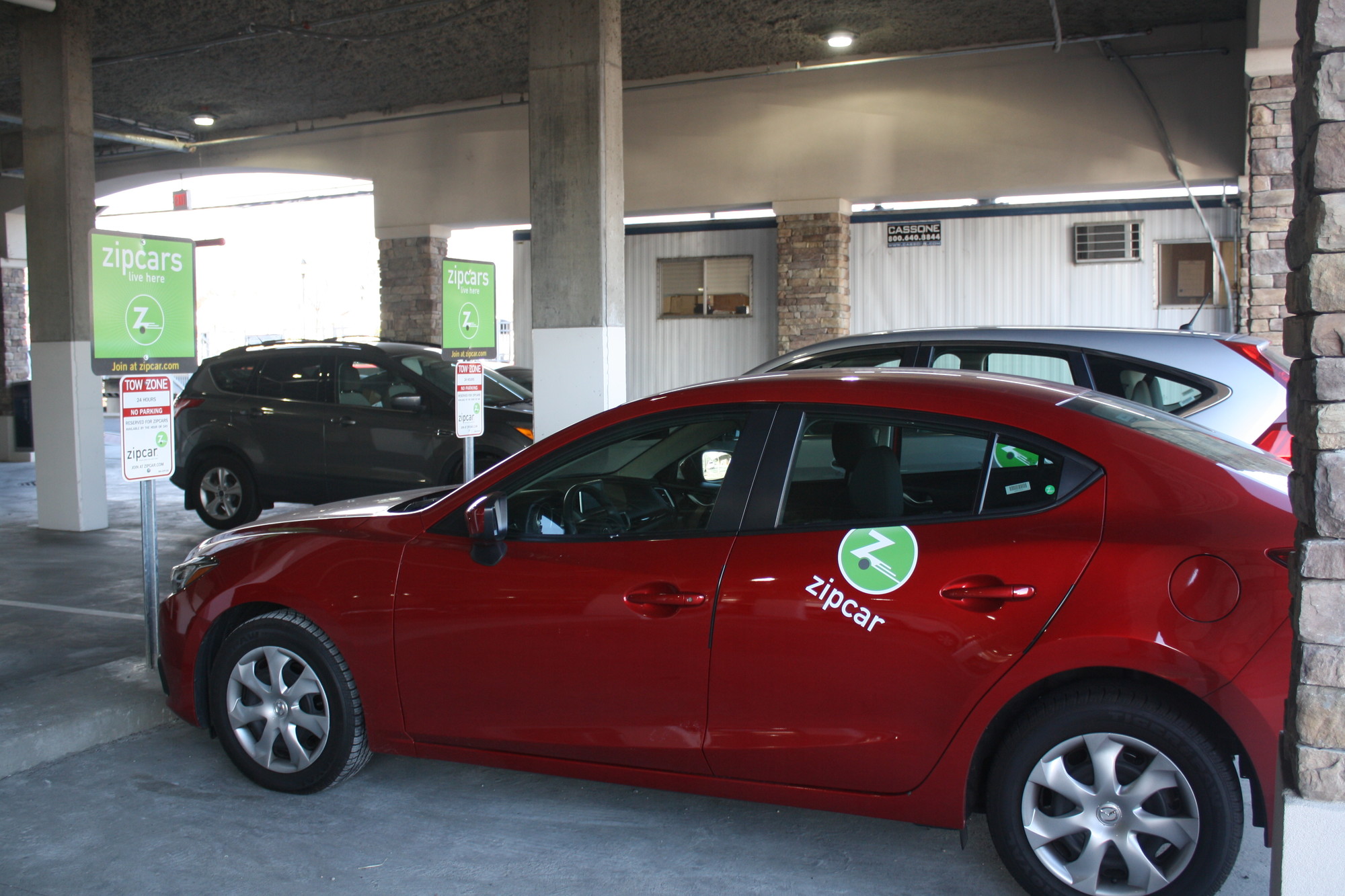Will we zip around town?
Car-sharing service wants six parking spaces in village
The car-sharing company Zipcar is trying to move into six Rockville Centre parking spaces.
Anthony Fatone, Zipcar’s regional general manager for the New York metropolitan area and a Rockville Centre resident, presented a proposal to the mayor and the board of trustees at a public briefing session on Jan. 4.
Zipcar offers members rental cars by the hour or day. It is designed for those who don’t own cars but need to get around to do things like grocery shopping. Members use a card to unlock cars, which they can rent from as short a time as one hour to as long as a week. Insurance and gas are included in the cost of the rental. Members must be at least 21, or 18 if they attend a college or university.
The company is requesting two spaces near the village’s Long Island Rail Road station — most likely in a village municipal lot — as well as two spaces near the dorms at Molloy College, and two spaces at the AvalonBay apartment complex.
“This would be a great last leg of the journey for anyone that’s coming into Rockville Centre and wants to do everything it has to offer when they get off the train,” Fatone said. “They have their car, they get right in it and they go wherever they want to go.”
A car must be returned to its designated parking spot at the end of its use. Parking spots have signs saying they are reserved for Zipcars. The company pays for spaces on a monthly basis. “We have everything from month-to-month agreements to annual,” Fatone explained. “So, whatever the municipality is comfortable with.”
He added that members must be able to access the cars in their parking spots 24 hours a day. If a member returns to a spot and finds it occupied, he said, he or she can call Zipcar, which will try to clear the space and find another parking spot for the car. “The burden of supporting that member, helping them find another place to park that vehicle, legally … is on us,” Fatone said. “We have a 24/7 call center that does all those things. The burden is not going to be on the [village]. We may ask for help … if we’re paying for two spots to place two cars there … Beyond that, it’s really on us.”

 61.0°,
Overcast
61.0°,
Overcast 




